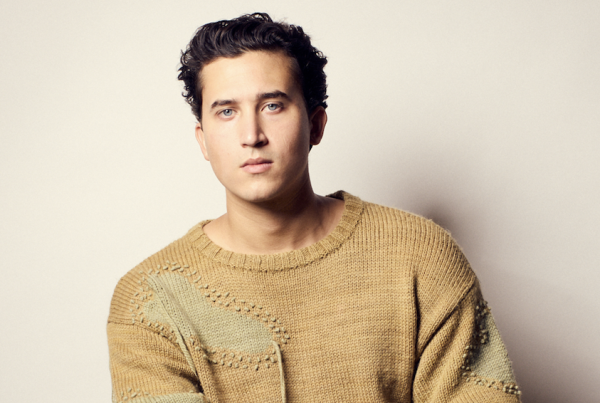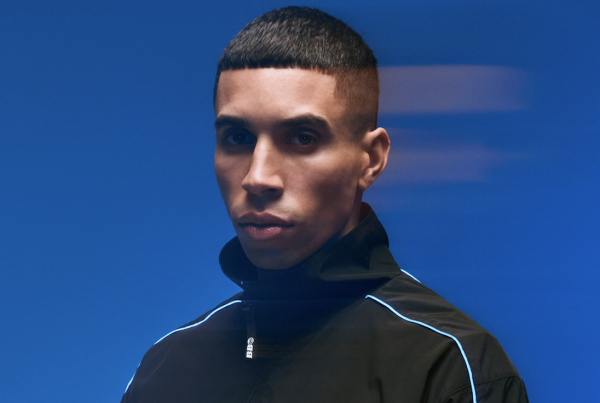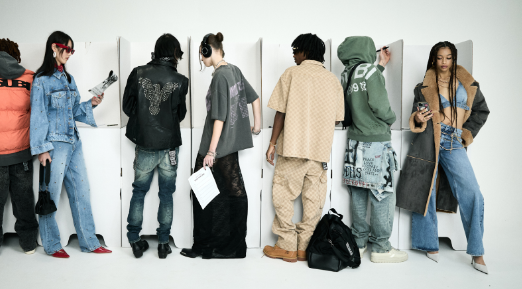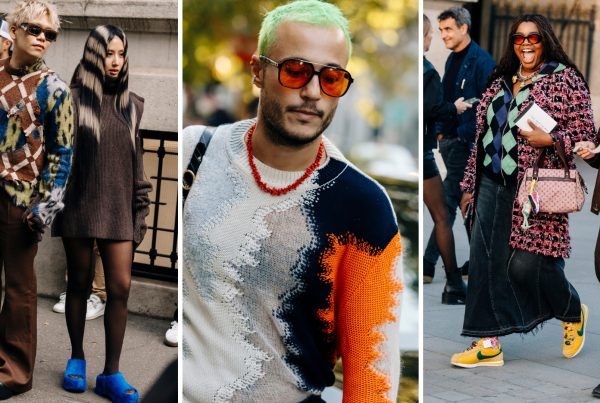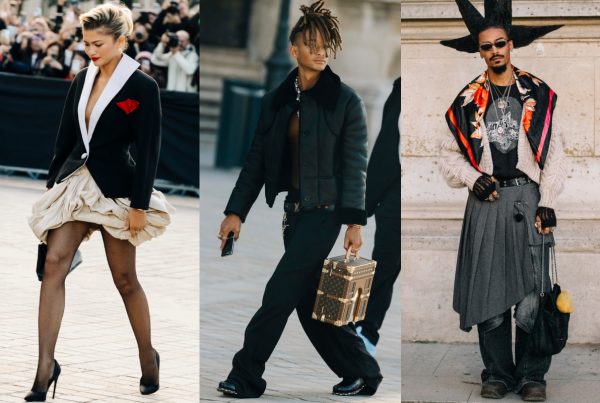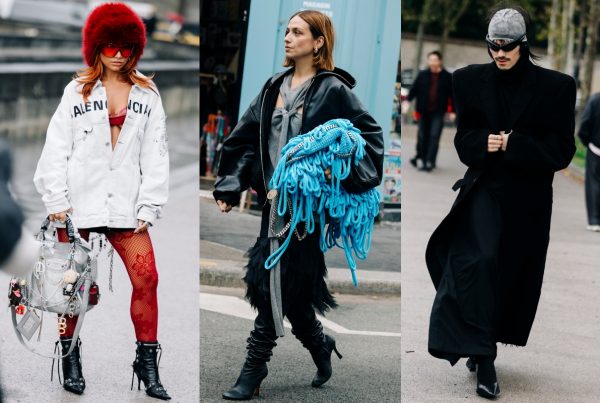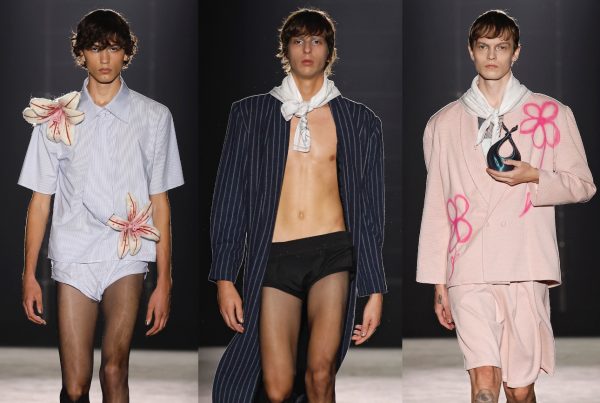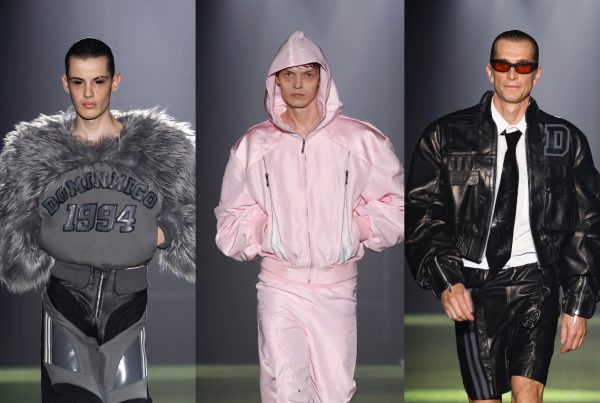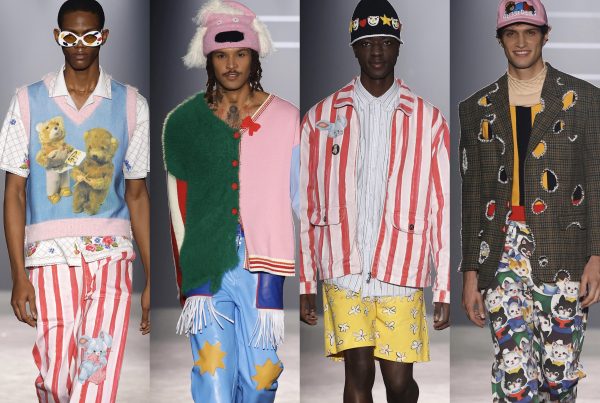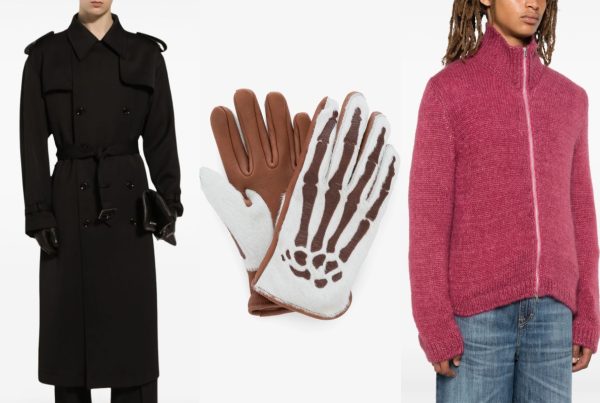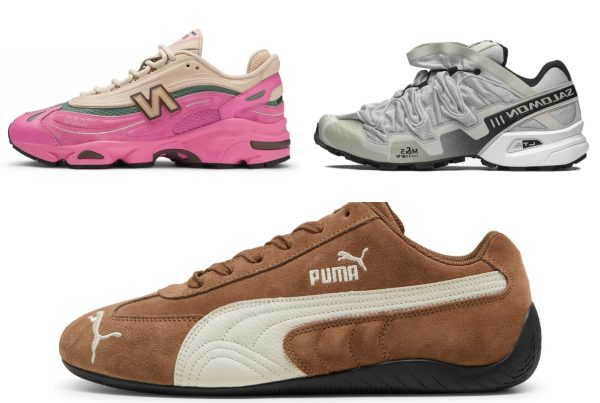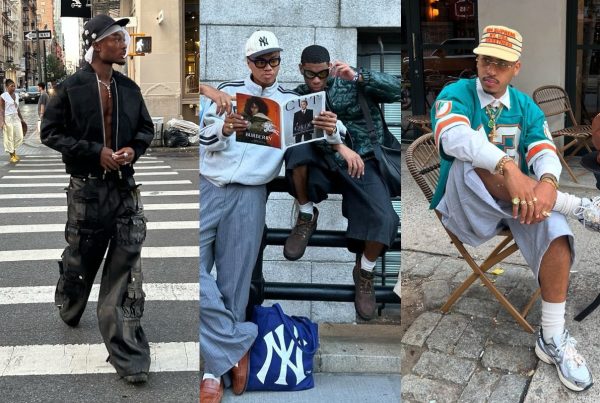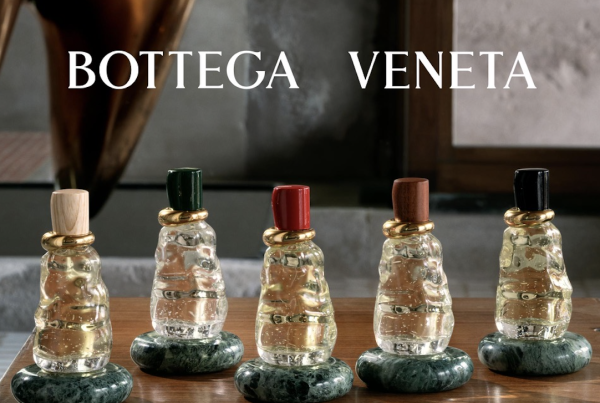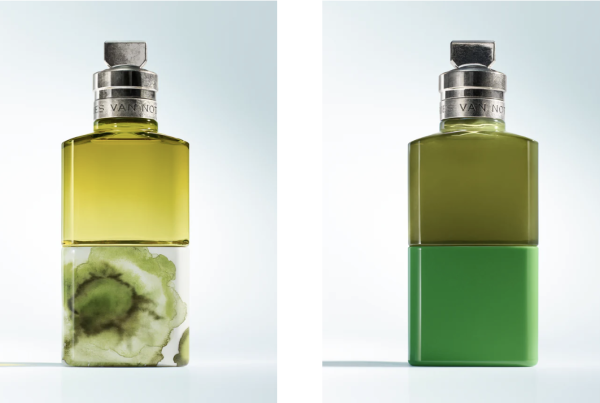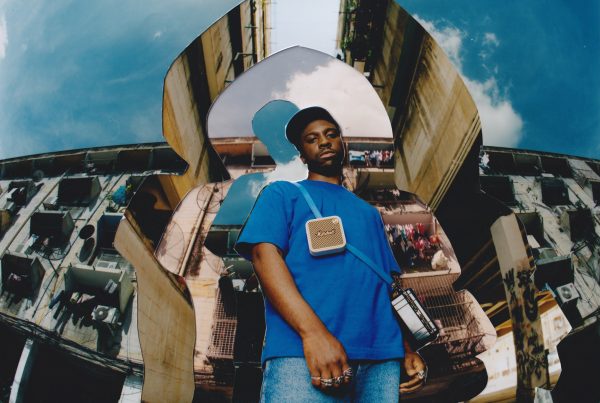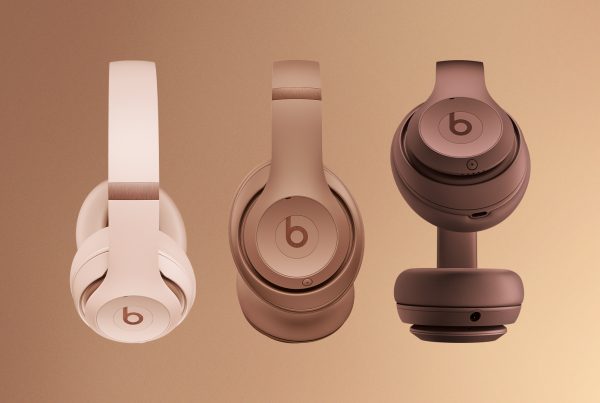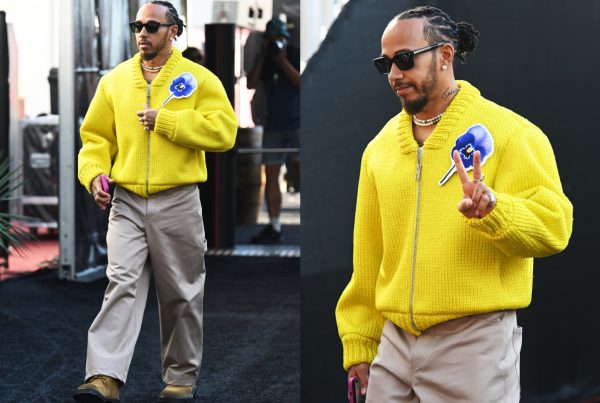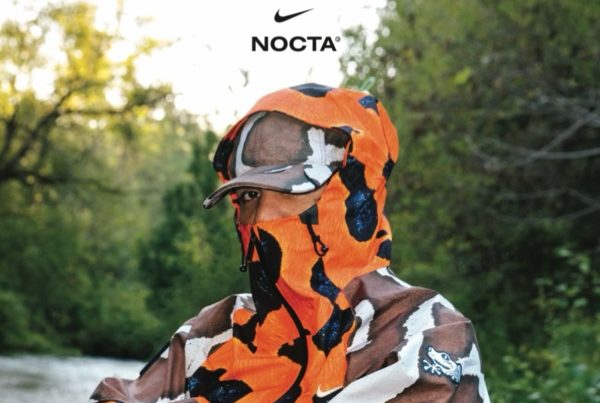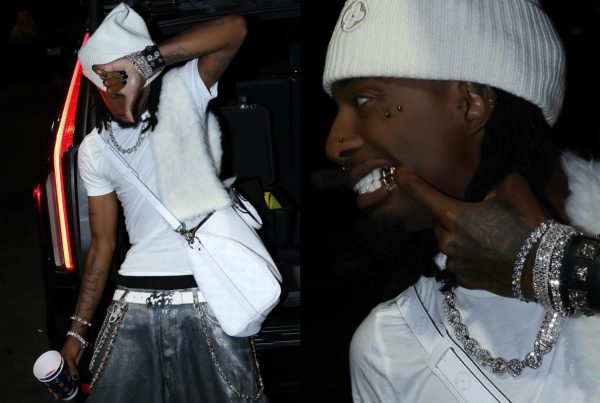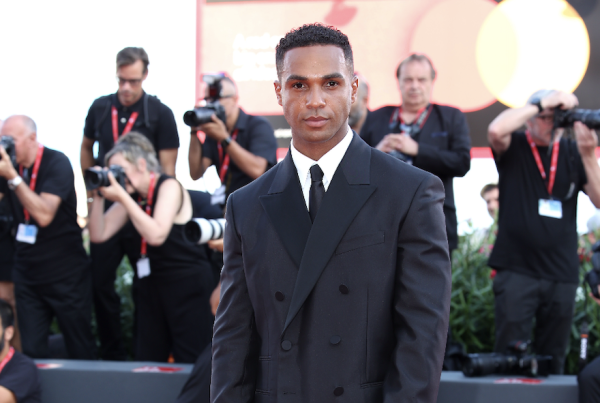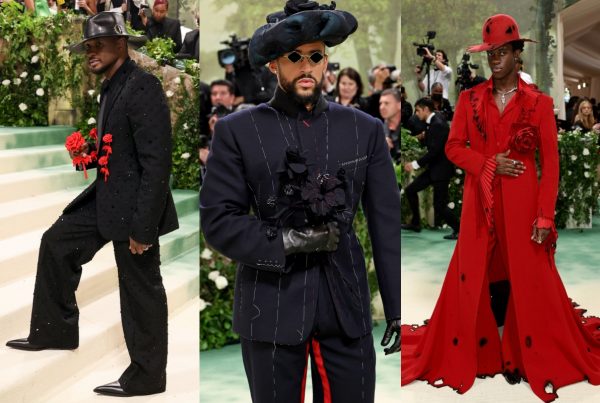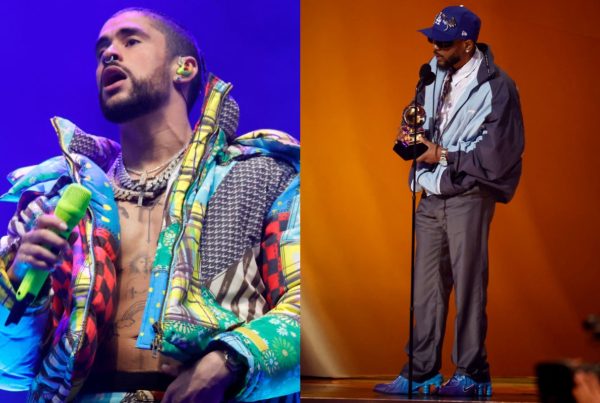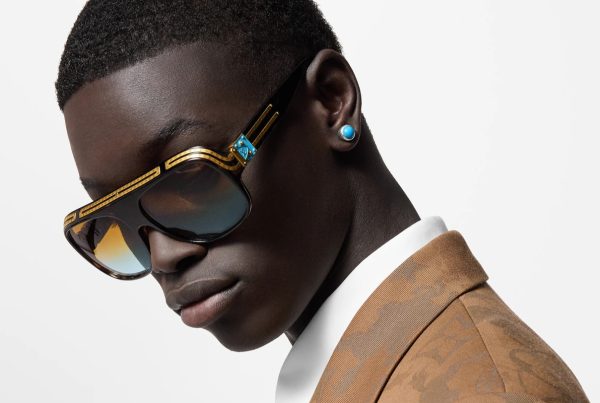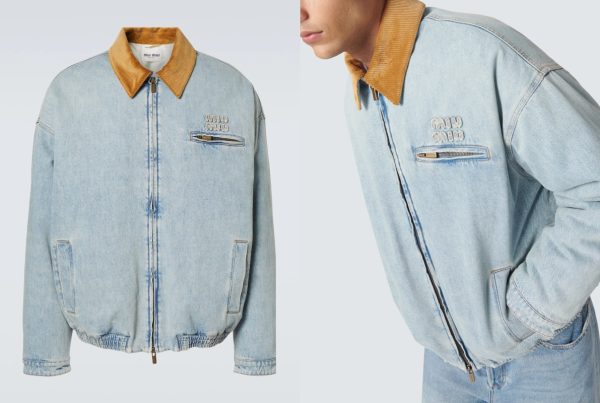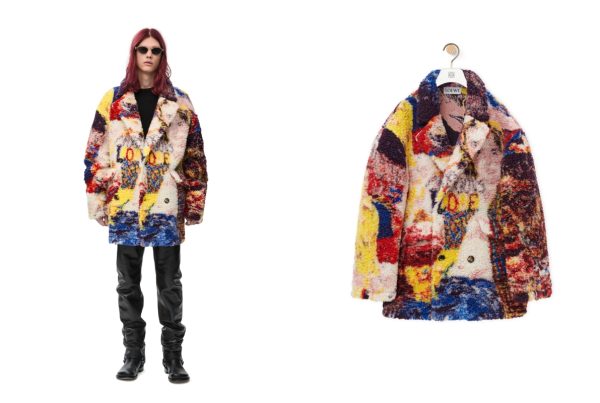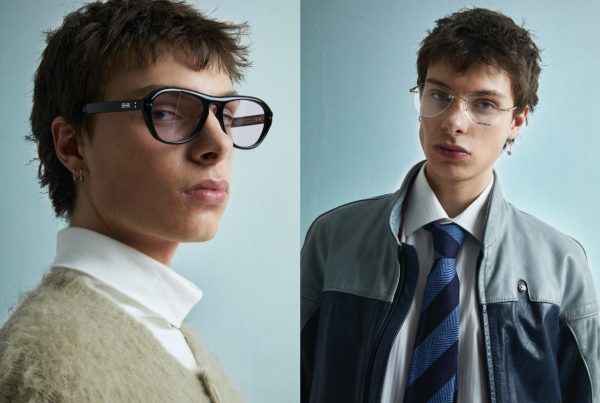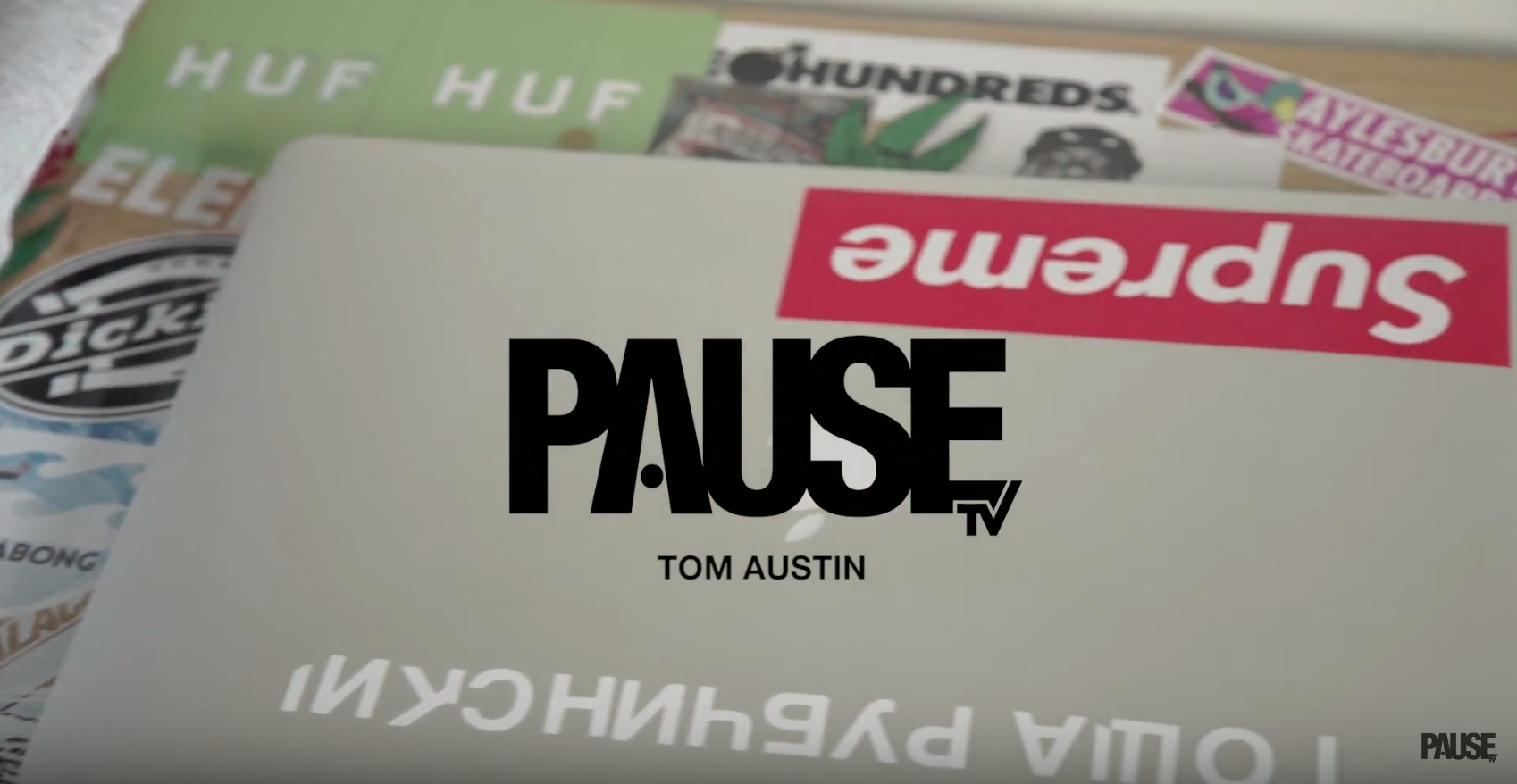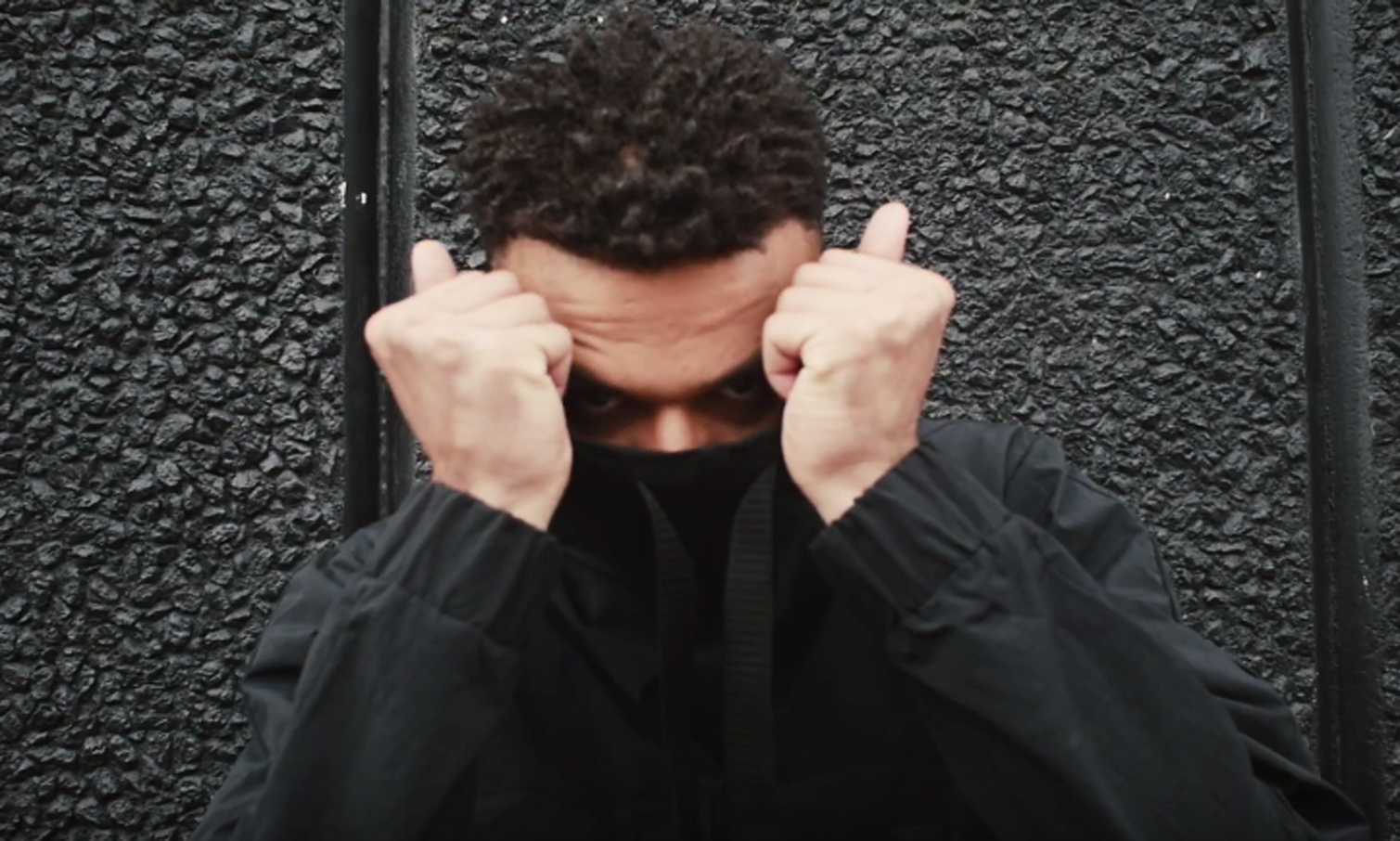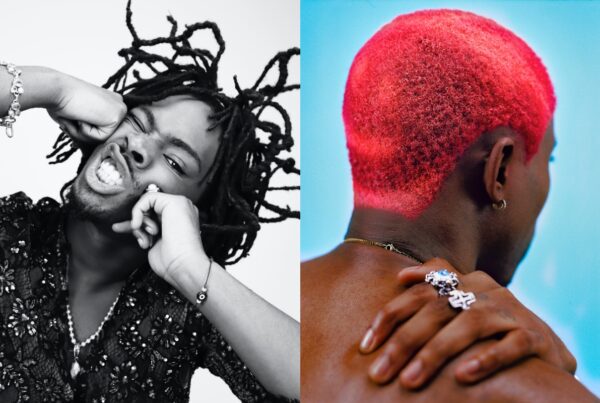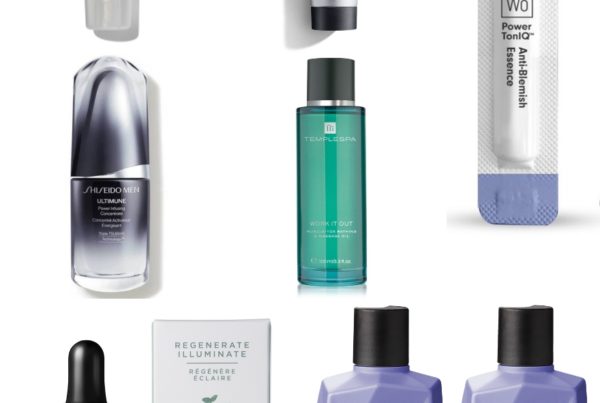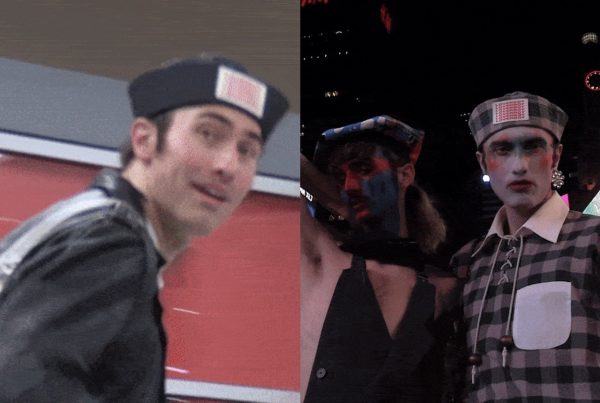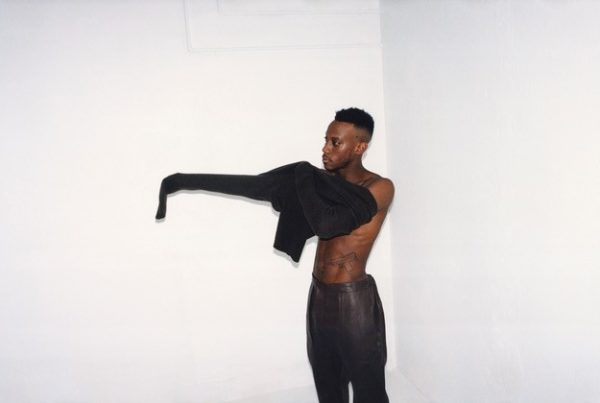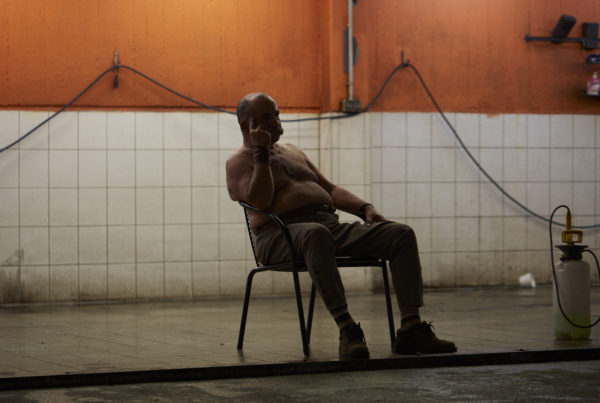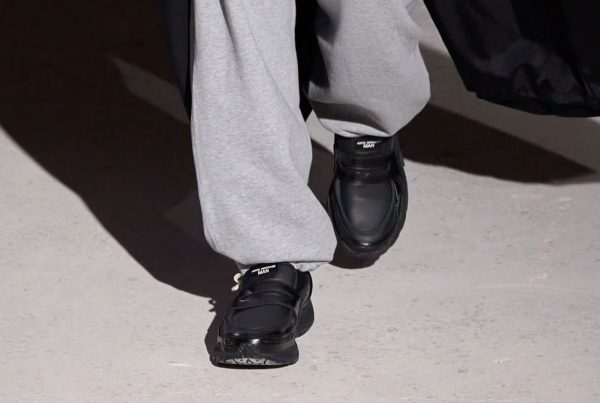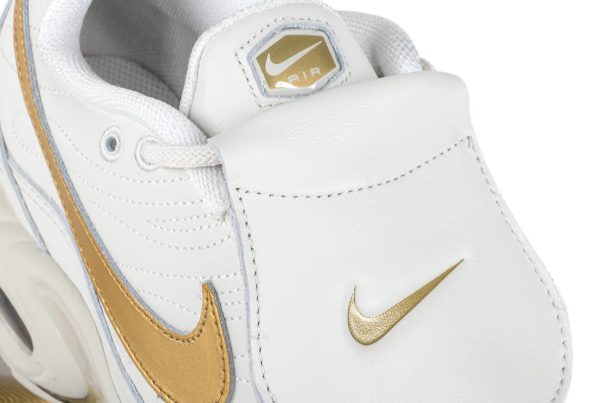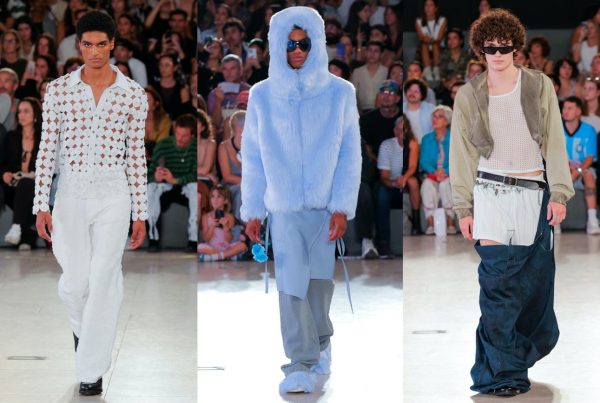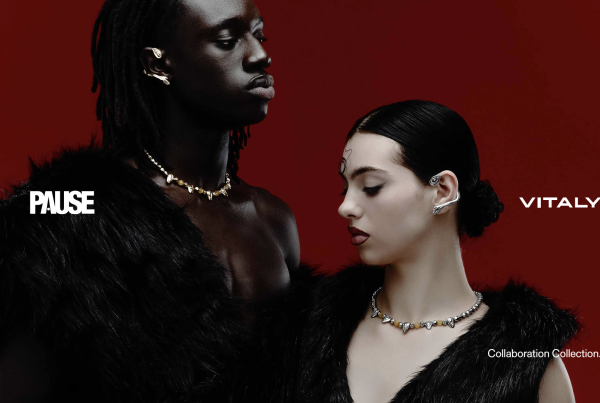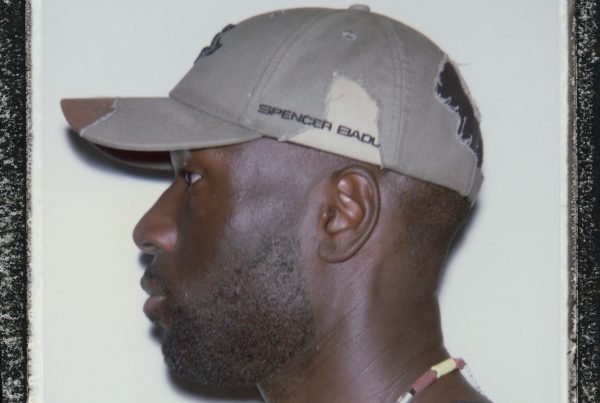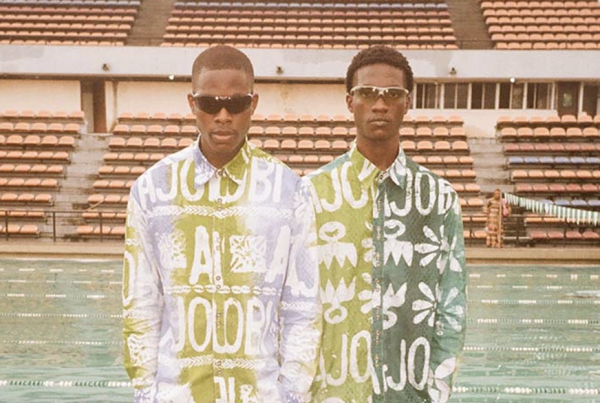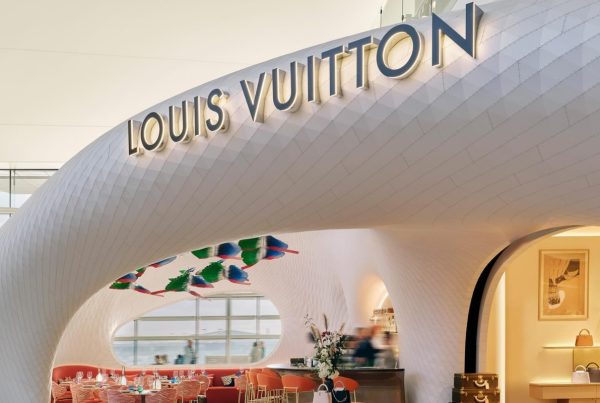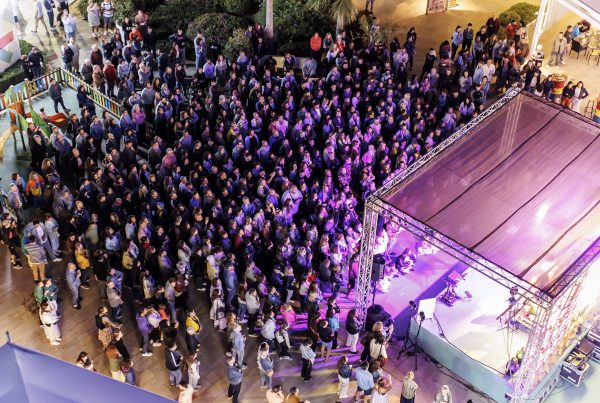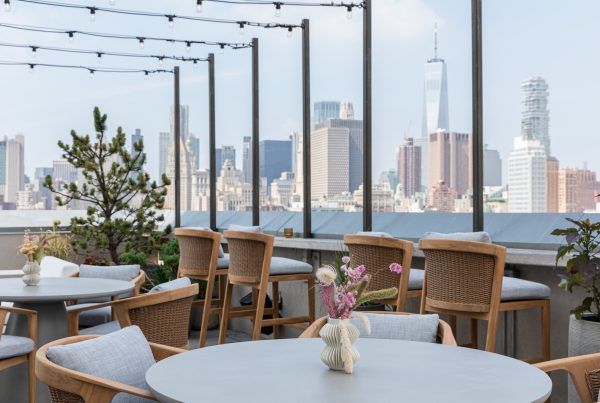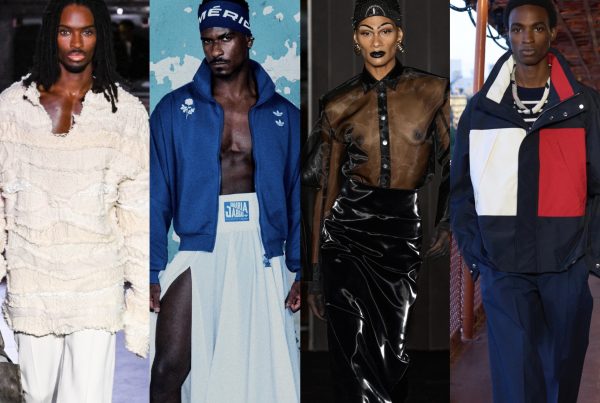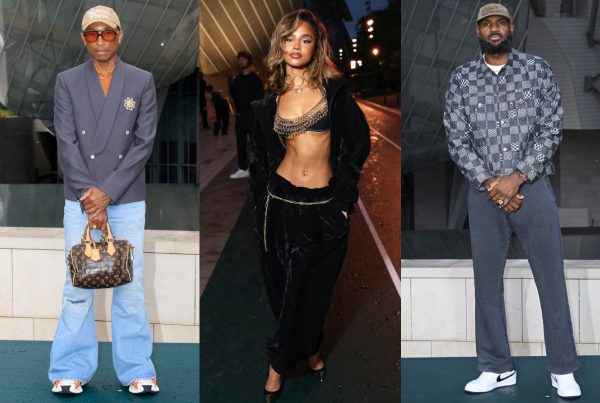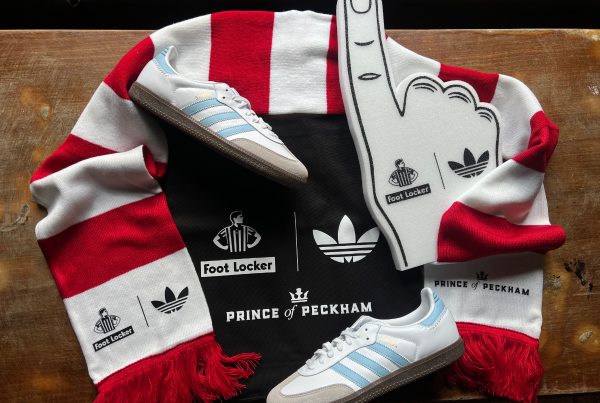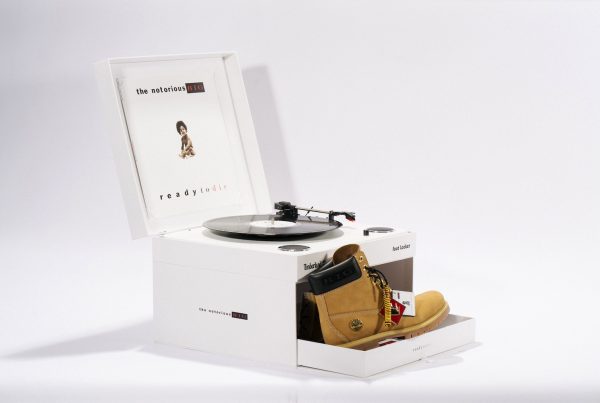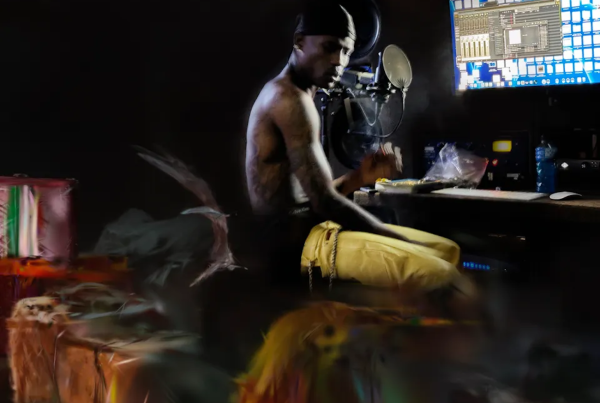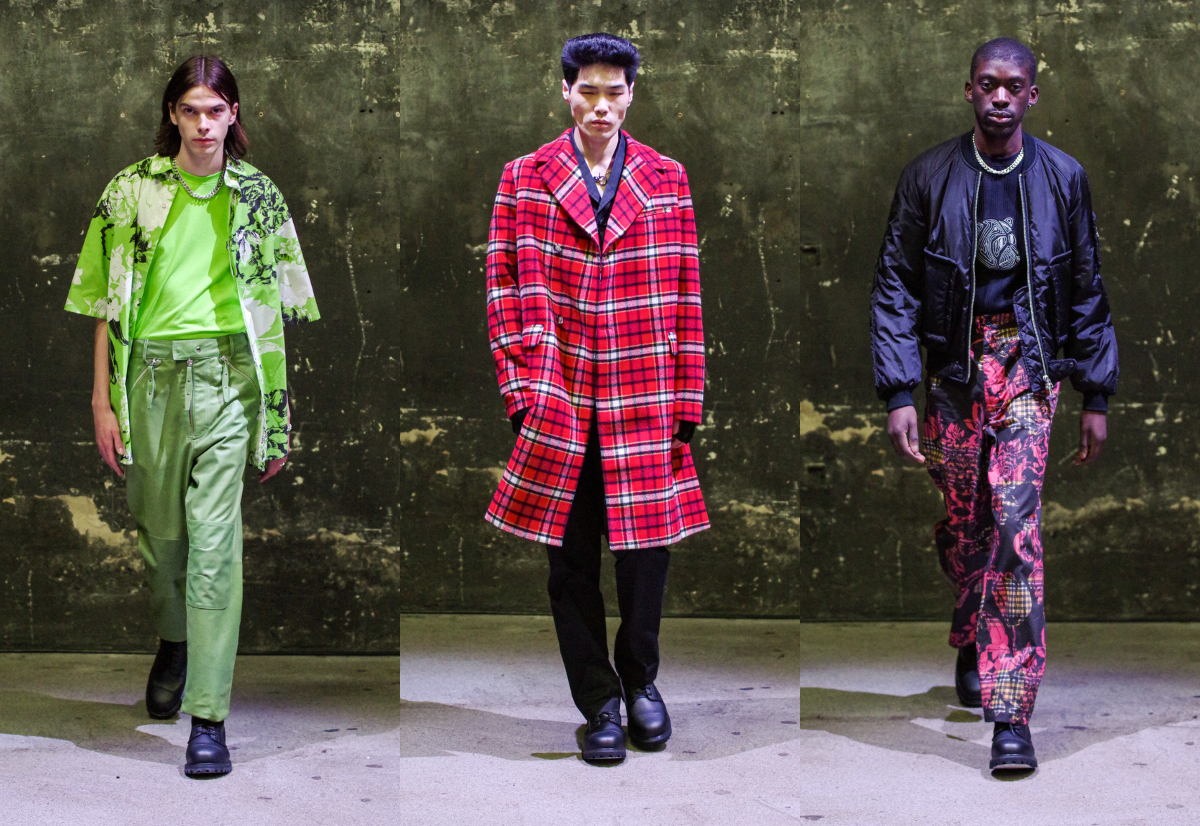HAVANA CLUB X PAUSE MEETS:
JEVON
Collaborating with Havana Club, we talk to Jevon about his creative journey.
Interview: Lynn Moyo // @mongamelii
Photographer: Ayshe Zaifoglu // @azcaptures
Videography: Louise Lincoln // @bottcher
Featuring: Jevon // @jevonofficial
Special thanks to Havana Club
” I always felt like music was another way for me to express myself,”
An eclectic soul with a creative mind; Jevon is the embodiment of the word artist. Hailing from West London by way of Coventry, Jevon’s rise to fame is a story that not too unfamiliar. Born and raised in Mozart, West London, the 25-year-old found his calling in music after being relocated to Coventry to live with his grandparents. A self-professed “bad-kid,” Jevon is a cerebral artist who draws from his personal experiences and channels his trials and tribulations as a youth, to create music that is personal, ultra-relatable and transcends across the usual barriers of boroughs, postcodes and genres. Introduced to the world via his work on Nines’ 2017 album One Foot Out, Jevon would play an integral part in defining a new sound of RnB that would across the U.K before stepping out onto front of house with his own breakout single, Man Of The Hour. Now a little older, a lot wiser and with a brand like Havana Club onboard, Jevon is ready to debut his album that has been four years in the making.
With a heritage born out of Cuban street culture, and a growing following in the UK, Havana Club have launched a program to give a little something back to the scene. By continually collaborating with up- and- coming talent from a variety of disciplines, the rum brand are providing a platform for rising stars to develop their craft. The recent partnership with Jevon is a continuation from their projects with Rapper Skinny Malone & Designer Mia Joseph.
We caught up with Jevon to talk about everything from his distinctive mashup of Grime, Hip-Hop, RnB and Reggae, to why his debut album may be his ONLY album.
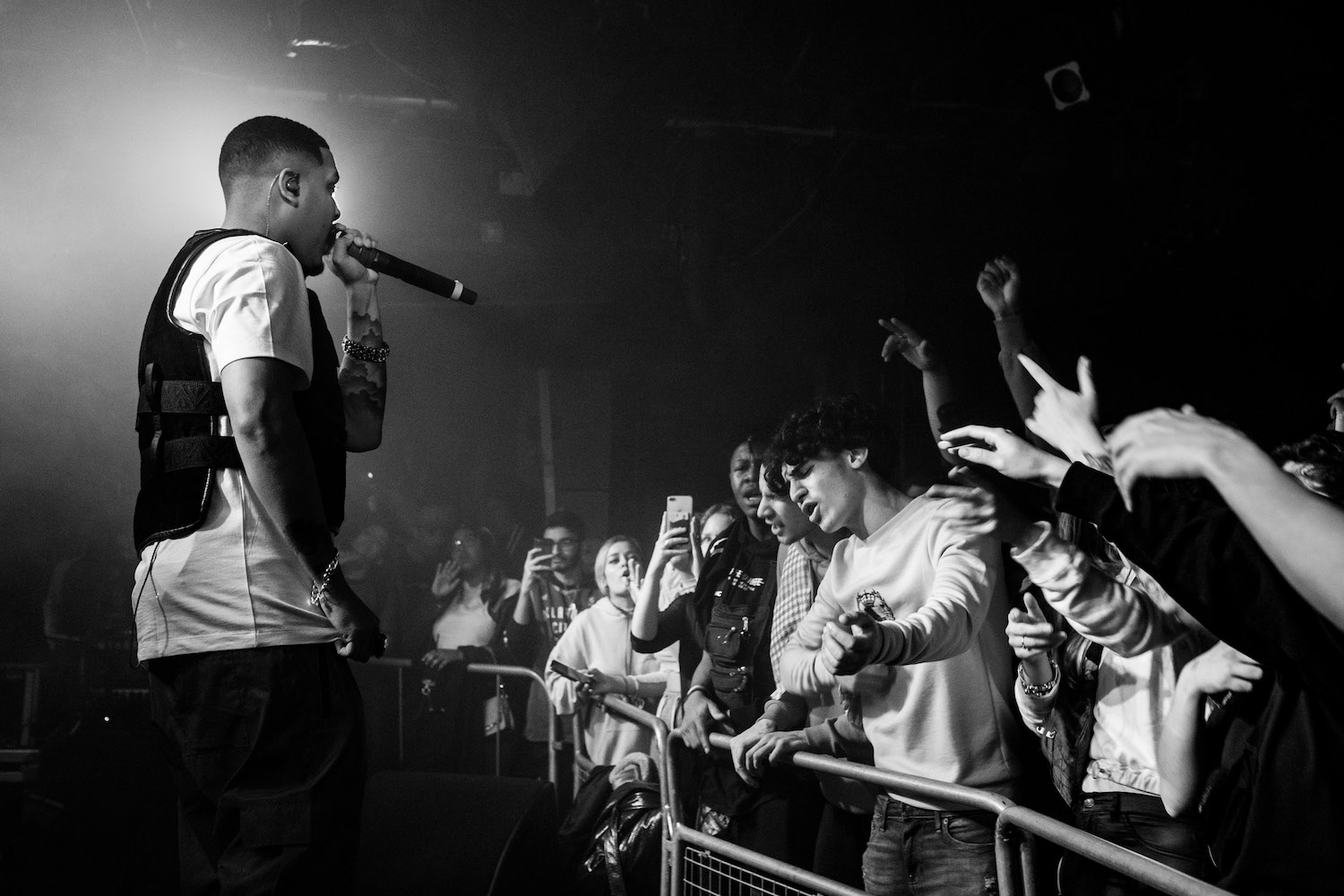
So you grew up in Coventry, that’s a bit of a way from London. How do you think that experience plays a part in your art now?
I think it just gave me a different outlook, especially being away from London. I was hearing music away from London, I was taking in music from people that were making music up in Birmingham and Coventry. I was hearing different styles, you know so I was open to trying new things and implementing that in my music because it was a different bounce, you get what I’m saying.
Do you believe you’d make the same music, with the same sounds if you’d grown up in Mozart, West London?
No, definitely not. I don’t think I would make the same music. I reckon I would be making something completely different If I stayed in West. I think I would have been stuck in that kind of zone that I was around and I would have stuck to what I would have known and maybe not explored as much.
Where do you think people place your style? How would you describe your music?
I always find hard to place my music because I make so many different genres of music, and then implement it into my own thing. So it’s just kind of my own sound that I’ve made, in my own kind of lane.
But if you had to define, what words would you use?
If I had to define it, I’d say it’s like R’n’B with Latin influence, with Brazilian influence, with Hip Hop I guess, and with rap because I rap too. It’s everything init [laughs]
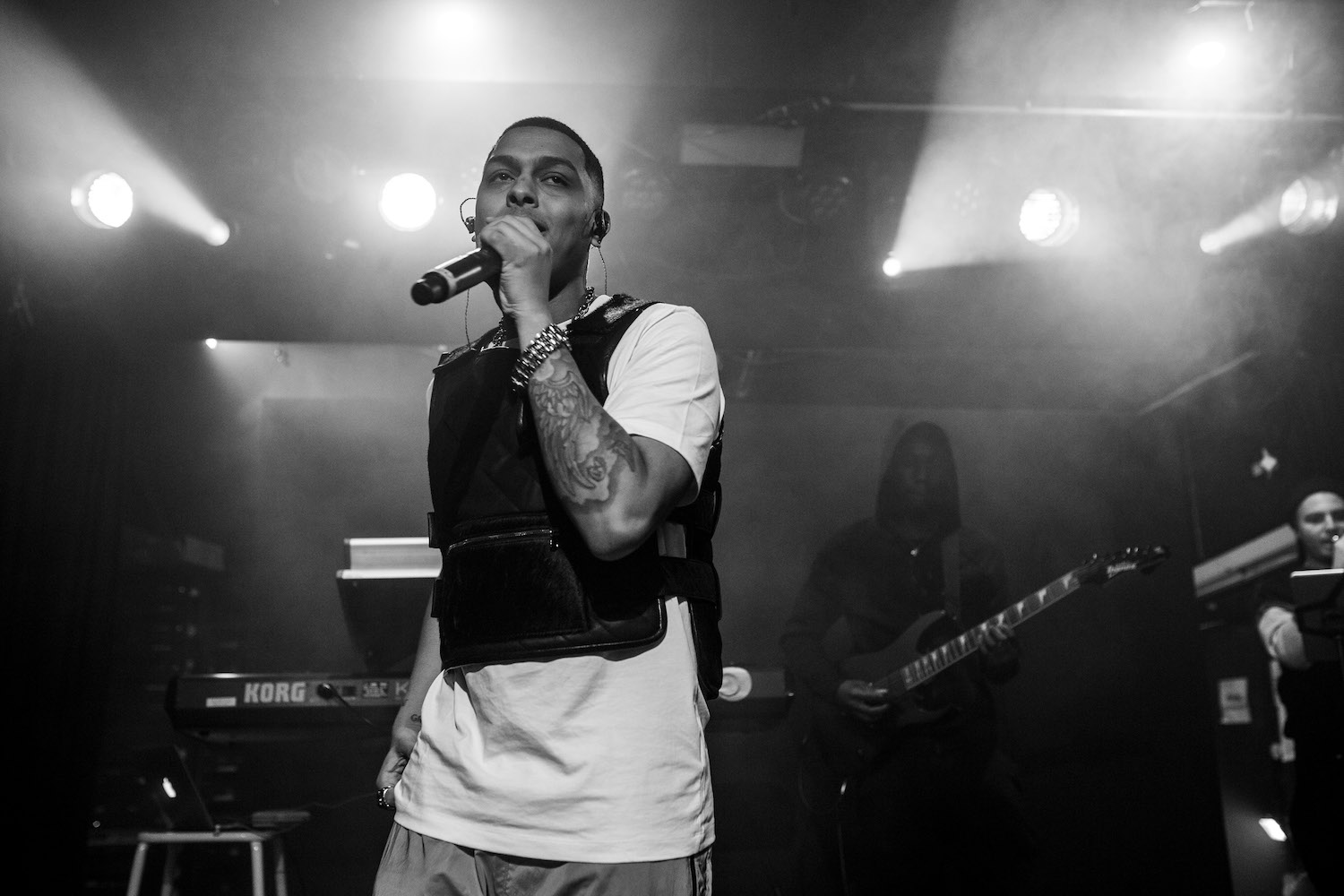
It is. It’s a unique amalgamation of experimental sounds.
It’s very experimental.
Yeah, that’s probably a better word to use. Experimental. But with being so experimental, what was it that urged to peruse a career in music? I read somewhere that’s it’s because you got in trouble?
I always felt like music was another way for me to express myself. Because having an outlet is important. I think it was a time where my outlet was aggression you know and music kind of made me think of better ways to articulate myself. So, that’s why I think music has kind of kept me in a straight path as much as God could have kept me on the same path you know.
And having said that; if it wasn’t music, what do you think it is that you would be doing?
Who knows man. My life has gone through a lot of roads, I’ve been through some shit bro. So there are so many channels that I could have gone down, like in another universe I’d probably be doing something way different right now and I think that’s the beauty of it, and it’s why I relate to a lot of people because if it’s not one song you don’t relate to then they’ll definitely be another, because I’ve probably been through what you’ve been through but in another way.
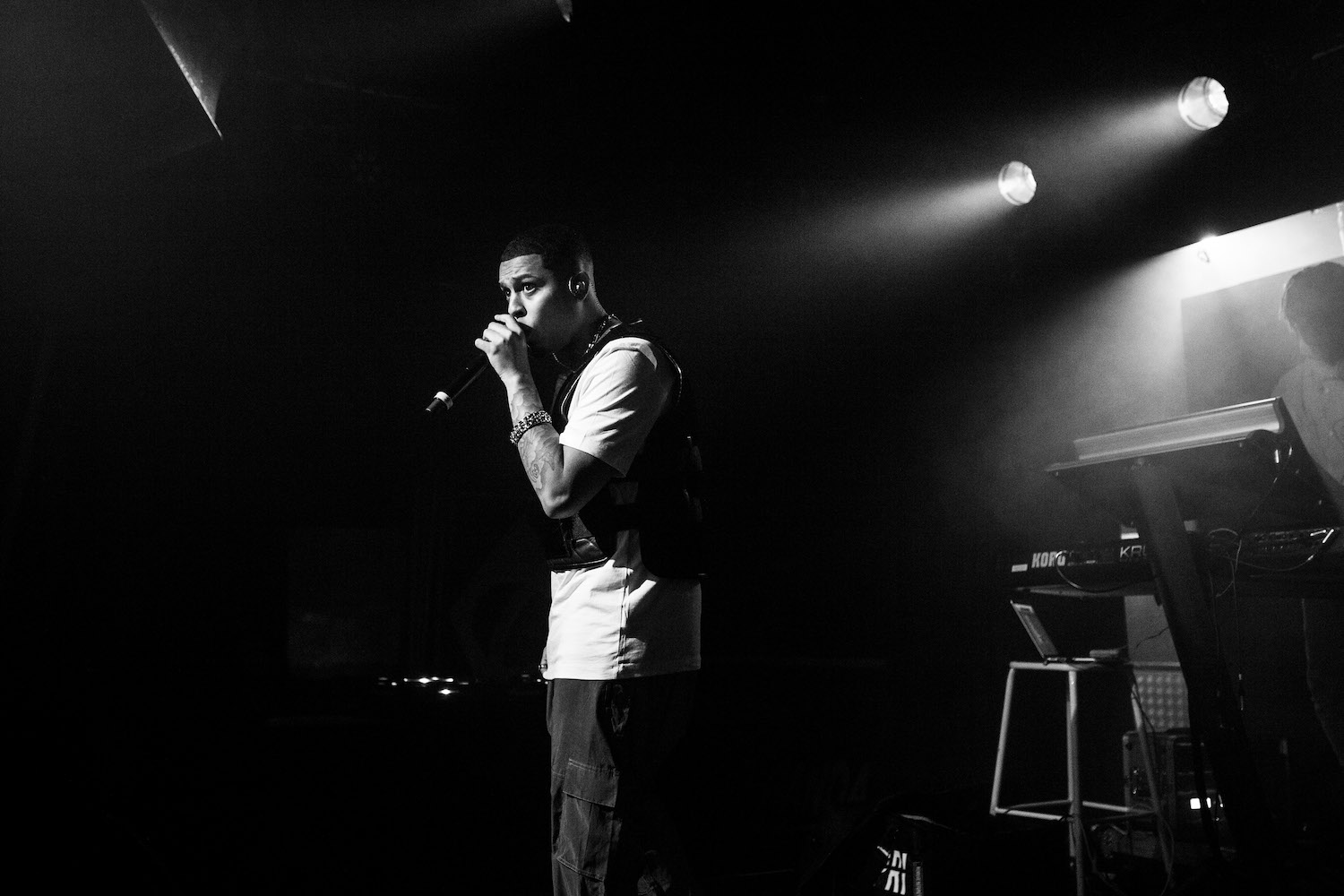
I think you can hear that in your music, it’s relatable. It’s personal. What is about you, that allows you to be so comfortable being vulnerable and speak about personal experiences, especially in a time where a lot of generation are flexing wealth and stunting?
I think it’s just having responsibility as a musician and being honest with the story that you’re trying to tell. That’s the beauty of music, I feel like honest music is important and you have to be honest with your art as well. With me, I just wanted to, especially with this album that I’ve got. I wanted to tap into what I’ve been fighting my whole life you know, it’s about getting emotion into the music as well. You have to understand that through a frequency you’ve got to listen to music and you’ve got to feel it. It has to go through so many channels, if you think about it. From the recording process – from your voice to the microphone to the computer, yeah. And then from the process of then going through mastering and all that stuff, to then go through to Spotify, then to the airwaves, and then to the person to take in. So imagine how many frequencies that emotion has to go through. And then when it hits that person, it’s like how much are you putting in? How much is that going to hit that person? You know, for people that really take in the music. So that’s why I feel like I have to be as honest as I can with this, to just kind of give it my all and for them to get the best experience of my album.
And it definitely comes through in the music. You can hear that rawness. But sticking with music, not only do you rap and sing, but you actually started out as a producer which traditionally is a more-behind the scene role, but now you’re a fully-fledged artist in your own right. What made you want to go from being behind the curtain to being front of house, and was it an easy transition for you to make?
Do you know what it is. I’ve had this conversation before, and I was having this conversation with my dad the other day. It was funny. I’ve just finished my album recently yeah, and I’ve spent about four years working on it and I sat down after finishing it and I think throughout that four years I was thinking “rah, I’m going to be the guy. I want to be the guy, I’m going to be just as big as Stormzy. I’m going to be as big as J Hus. I want to be on Drake level. I want to be on Kanye’s level.” That’s how I was thinking at that time. Then I finished the album and I was like, “ You know what Jev, bow out gracefully. This is the best you could have done and let it be your last because you’re going to forever try chasing that feeling of trying to be better this album.” So I know for a fact I’ve given my all with this thing, so it’s like cool, this is going to be my first and last album, do you understand, as an artist. After that, I’m taking a step back and working on why I fell in love with music in the first place because during that process of being an artist I didn’t get to enjoy certain sides of being an artist. I didn’t really enjoy it. I think how I’ve grown up during this album, it’s like a baby to me, you know what I’m saying but I also have to remember that I’m also a dad, I have kids so being an artist, I don’t want to raise my kids in that. So when I finished the album, I sat back and thought about the times I wanted to be the guy and I realised that I didn’t actually want to be the guy, I just wanted to make the music.
But now you’re here?
Yeah. And with me now it’s like cool, I’ve done the album. Cool I produced every song, so it’s like my thing now is I just want to be a producer and make songs for people and help develop artist to do their thing. So that’s my thing, that’s what I’m on.
What was it about being an artist that at the end of making an album and I guessing realising your dream, that you’re recognising that this is not what you want?
It just the whole having to be so, I guess it’s because it’s very image-conscious right now. I feel like you have to keep up this image and it’s unrealistic, you know what I’m saying. Like, I don’t want to raise my kids to think that you have to look your best every time for social media, because that’s all they’re going to be seeing their dad doing. Like, I can’t go here unless I’ve got a trim, or I can’t go here unless I’m looking fly. Fam, more time I just want to go Sainsbury’s in my dressing gown [laughs] I’m that kind of guy, I’ve grown up. And this is it, when you’re chasing all that shit you tend to forget about the real things in life that are important.
You’re in a bubble of sorts.
Yeah, you’re in a bubble. And it’s taken me a while to accept that, and it’s taken me a while to grow up and understand that there are more things to life, there’s more things to do.
That’s quite deep man, and I guess it’s the age-old tale of getting everything that you’ve always wanted only to find out that it’s not what you actually want. But it’s rare to see someone, especially within our scene and generation be so candid about it.
Don’t get it twisted though you see this, and how I’m going out, I’m going out with a bang fam [laughs]. I’m going out with a bang.

Do you think how the album is received or how well it does, and it meets all those aspirations that you previously had – your career trajectory changes and you’re bound for the stars – do you think that’ll change your mind on still wanting to be an artist or does it now matter to you now?
Do you know what it is bro, I’ve set myself a realistic goal of what I want from this album. So who knows, because I’m not expecting anything from this album I just want people to just listen to it, take it in and that’s all I need, and just respect what I’ve done and appreciate the art. But, I’ve already set my expectations, like your saying, I’ve already said I’m going on, I’m going to swim to this point and get my carrots and swim back to the beach, or just get my fish – I’m not trying to get more fish than I need and then end up drowning myself. That’s like a weird way of explaining that. I’ve set a realistic expectation and I’ve got some many other things I can focus on musically, just in terms of around me right now, there’s so much talent which I’m like yeah, I want to help you, you’ve got something, let’s put you in with this person here or this producer. I’ve done that a lot and I feel like a lot us don’t share knowledge bro and it’s annoying. People don’t share knowledge and it pisses me off because I’m thinking fam, the whole point of you learning is so you master what you learn and then pass it on and share your knowledge. I just like curating and putting people together man.
So is that the next path you’re going to take? Because the way I see the music scene now there’s a lot of eyes on emerging and upcoming talent, so as someone who’s had to deal with the pressure of realising their own potential, how did you deal with it, and what knowledge would you share with someone else on dealing with pressure to make it?
The first thing I say is there’s no pressure because ultimately I can work with an artist and say them, I can hear what their potential is and I can say right cool, “what do you want to do?” but you have to be realistic with them and say anything is possible but it’s going to take a lot, it’s going to take a hundred and ten thousand hours in the studio but it can happen and it’s just about guiding. I’m all about quality control. I’m all about making sure the art and the music are perfect, is right before you start thinking about other things and before you start thinking about videos and all the other stuff. Just think about the music first and then go into what’s next.
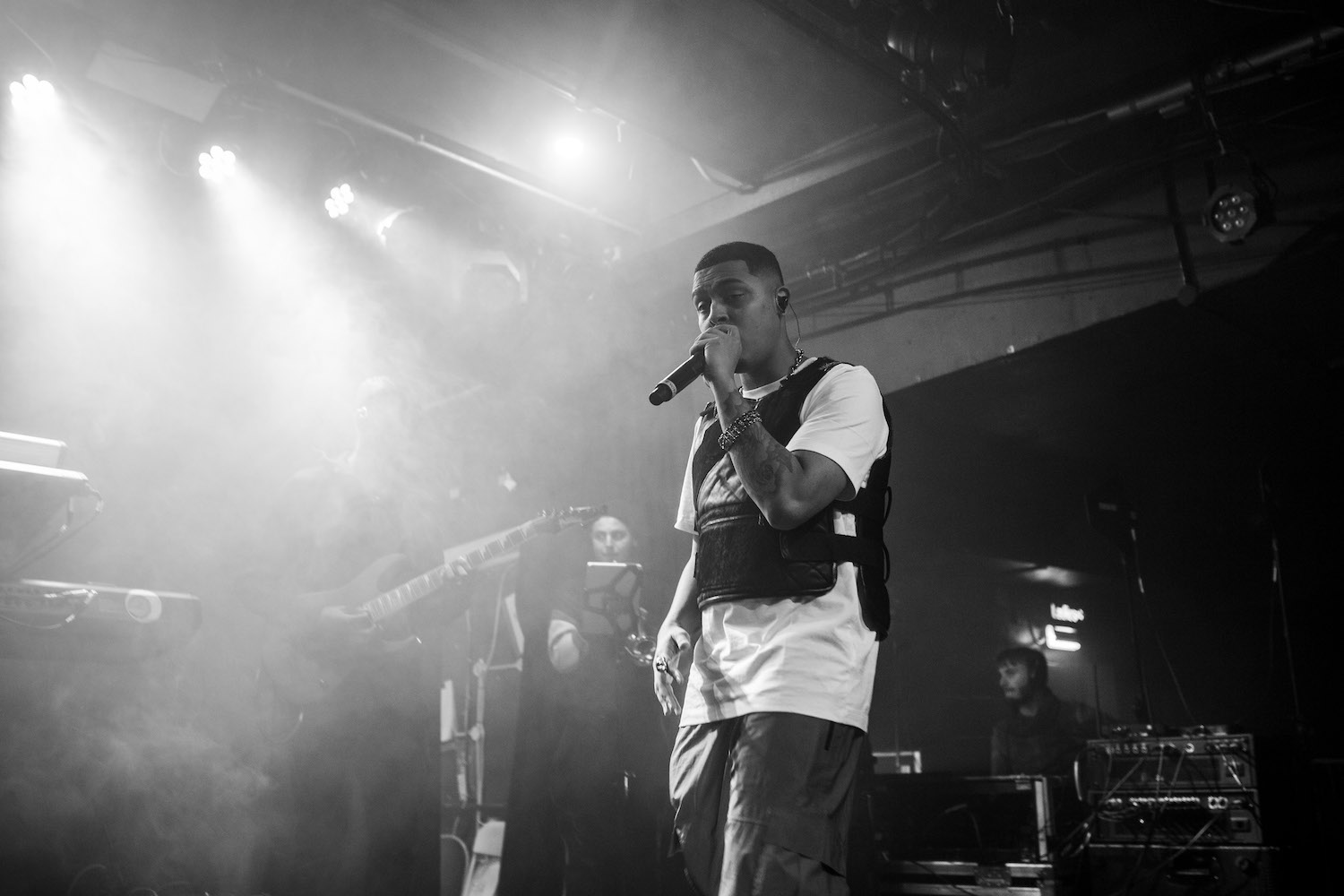
And that’s probably the best place to start because the music is what got you here in the first place. But the UK, and London are really bubbling with talent right now, what do you think it is, about the city that has everyone so inspired to create, not only just music but across different mediums and formats? For example, a collective SOMETHING TO HATE ON who you’re quite close with.
Yeah, that’s my homies man, they’re a mad creative bunch, they’re young and they get it. They understand what’s going on and they’re really in the process and they’re involved with the start of a lot of people career because they see the talent very early on. And that’s been the case with me as well, I’ve seen a lot of talent very early on in their careers and you just know that yeah they’re thing is going to go. Like I remember working with Dave a long long time ago, like we started working on the New Gen album and I was doing some stuff with Dave and seeing what he was about and he was incredible, I just knew from then, when we were in the studio he was incredible. The way he put together lyrics so quicky and what he was talking about at that age I just knew that he was special. And I think I’ve always just had that ear and been able to determine. It’s so good to be in that position to see the growth in these artists, and I just want to have more of an authority to get involved now and I feel like I can bring more to the table.
Do you think that’s what it is about our scene in London, that we are quite a collaborative bunch?
You know, I don’t even think it’s a London thing, I think it’s a U.K thing. I think we should collab more for one, there have been great collabs but I think we can definitely have more. There need to be more collaborative projects, there need to be more producers working together because realistically everywhere else and everyone in the world is looking at us in the U.K right now because we’re what’s hot and we’re making the best music in the world right now. And that’s a fact, I’d say that to any music executive in the world. The U.K is making the best music right now in the world, and all eyes are on us right now and we’re in that period of where the nineties was in the U.S with Hip Hop, we’re in that period now in the U.K.; we’re having our golden-era right now where we’re birthing like the Death Rows, the Bad Boys and the Roc-a-fella’s, we’re in that era now. We’re in such a prime position and there are so many good people in the music industry, but we need to do more because there’s so much talent that is not getting heard.
What do you think we have to do to put that talent out there? And do we want them to stay in the U.K or blow and go international because that’s always a controversial topic in our scene?
We want our sound to go international, that’s the whole point of this. That’s why all these artists should be collaborating with like French rappers and Spanish artists because you have to remember that there are rappers in France like MHD that can happily tour and sell out twenty-thousand in like Senegal because they speak French and there are so many French-speaking countries. So it’s good to collaborate with people around the world because it allows you to create a network and when you’re touring and stuff, you can check-in and make music with these people or bring them out at your show, let them bring you out and stuff. It creates a whole new money stream as an artist.
Speaking of cultures, how much do subculture such as streetwear inspire or inform your music? Because I know you’re really into that scene.
As a youth, I think it’s just a West thing. Like growing up in West London my dad was just a fly guy, he’d always have the latest garms and he’d always have me matching him everywhere I’d go, so it was always like an image thing with my dad growing up because he was a hustler. That was the mentality back then, that’s what I saw growing up so I try to mirror that in a newer way, just kind of paying homage to my Dad because it’s like I know he worked hard to just make me look good. And I do that with my son now, I spoil him, I feel like it’s a West thing.
You also seem to have an affinity for the Japanese culture. You’ve done some stuff out there, what is it about Japan that really speaks to you?
I’ve always been interested in the artwork in Japan, I feel like their art scene is so dope and the music scene. It’s so ahead of its time and futuristic, it’s inspiring. The fact that I’ve got to do so many collabs out there and that I’ve got a cool fan base out there, and the song I did with Utapa just allowed me to build a whole network to just collaborate with and tap into the Japanese culture. It was just amazing to just take it in, how different it was and really appreciate. They’re so respectful over there and the music there is just a whole new thing, they really do pay homage to like Hip Hop but in their own way, it’s really cool.
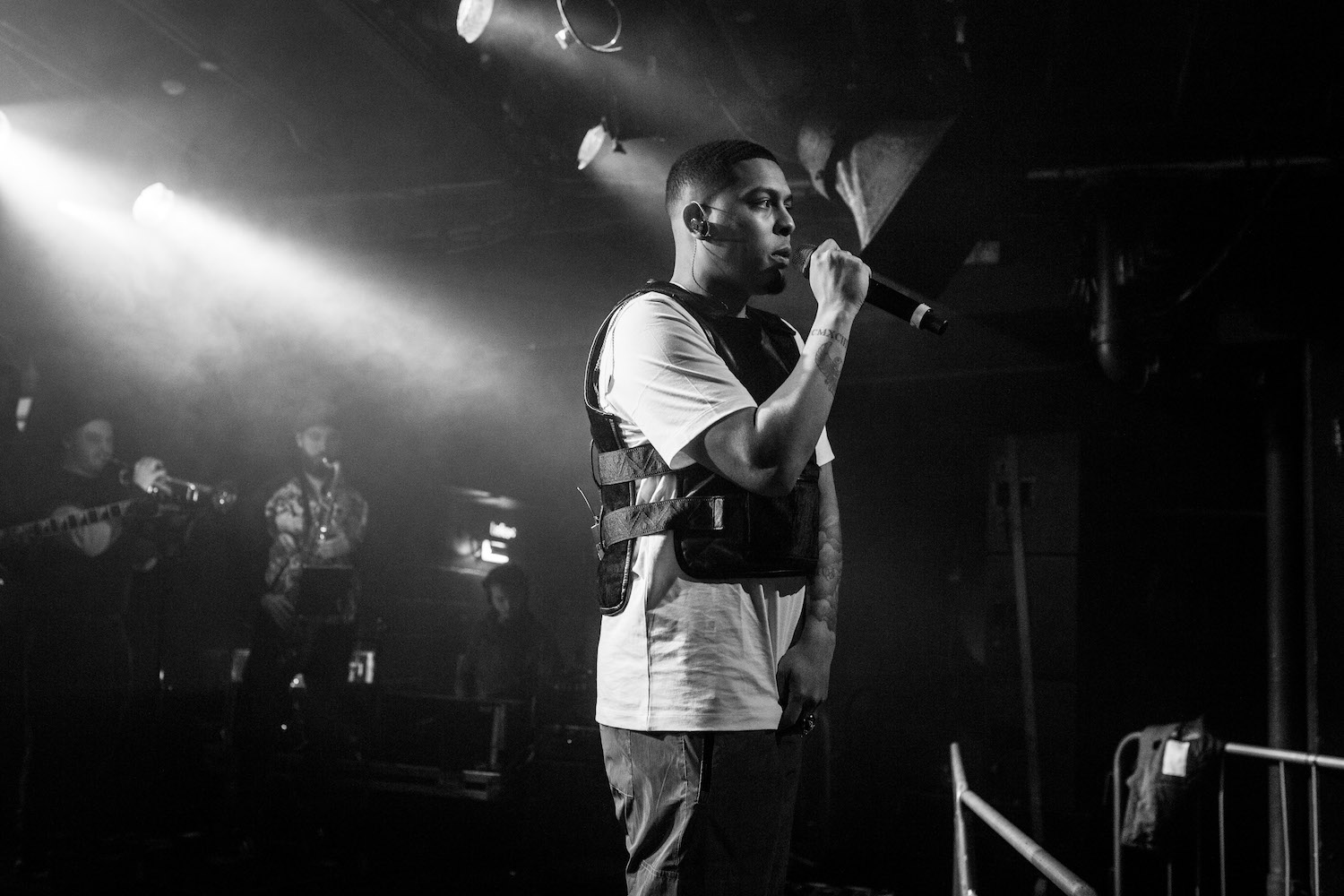
They also have a love for grime too. Do think that’ll be a new pathway for artists from here. I guess we’ve seen it with artists like yourself, and someone like Skepta who rather than the traditional way of trying to break into America but instead took a separate route via Japan. Will this be the new thing?
I hope so, I really hope it is. It’s good that people get to travel and see the world bruv because this place ain’t going to be here much longer, especially if you look at what’s going on [laughs] but it allows us to really travel and get around the world. And I know that as an artist as well, me getting to travel with music has allowed me to improve my sound as a producer and as an artist because I’ve got to go to sessions and understand how people play music and just learn their techniques and learn what they do differently to us, and just take it in. I learnt so much from just travelling and understanding how people make music differently.
Getting back to the album. Of course, four years in the making like you’ve said, but how are you feeling as your about to put this out into the world?
I’m excited man, I can’t wait for people to hear it because it’s a lot to take in. And I know people have been waiting and I get messages all the time about releasing Lil Ze on Spotify because the only place the can hear it now is on FIFA 20.
How do you deal with that? Do you feel anxious? Are you nervous? Or do you just tune it out so it doesn’t’ affect or disturb your space?
I’m just more focused on making sure I’m just happy with everything sounding perfect because once it’s out there, it’s out there and that’s it, you cant take it back. So I’m just making sure it’s perfect for me so I’m happy with it going out. But right now, it’s just final tweaks, it’s there and it’s done.
You’re also one of those unique that uses his voice as part of the instrumentation, where did that come from? And where do you get the confidence to be experimental?
I think it’s just my ear because I wasn’t trained classically, I never learnt how to play the piano from reading music which I do regret but at the same time, I don’t. When I play chords on keys or when I play something when I’m producing I just play what sounds good to my ear, that’s just how I play, I play what sounds good and a classically trained person looking at me playing keys would be like eugh because I play weird. But I don’t think they would think in their heads to do something I would do because to them it would be incorrect, I kind of play wrong. If you listen o my song ‘Bad Mood’ it’s actually out of key but I thought that was really cool because it’s an off-key song because I was in an off-key bad mood. But it’s mostly trial and error. Sometimes I’ll do something and it sounds horrible, so I just delete it but if it sounds good we keep it. You won’t know unless you try, so you try it and if doesn’t work then it doesn’t work but if it does, it does and it bangs.
If people like it, you love it.
Yeah man, there’s no pressure. As long as you’re happy within yourself, that’s it, you have to be happy within yourself. That’s the main thing.
Definitely, no matter what happens. The video for your track “Playboy” is shot in Rio, Brazil. Knowing that you have Brazilian roots, how did it feel to go back and be able to shoot a video there?
It was amazing man, I took it in and I just felt like I was at home because I’ve been to Kingston [Jamaica] before and when I went Rio it was so similar and there were so many similarities. So being able to take it in, look at it and just appreciate it, listen to the music it was sick. The music scene in Rio is hot, and there’s a whole different bounce of what’s going and the whole culture out there is just amazing, I’d advise everyone to go.
And looking a bit forward now, when it’s all said and done how do you want your contribution to music and to the scene to be remembered? Especially with you saying you’ll be taking a step back from being an artist.
I just want people to study it, and appreciate it being a classic. Like you see how we look at The Miseducation of Lauryn Hill and being always able to just listen back to it; I want it to be that kind of album where you can always go back to it and listen to it and be yes, this is my tune.
Timeless?
Yes, timeless. Play it at your wedding and play it at birthdays.
Follow Jevon on Instagram


